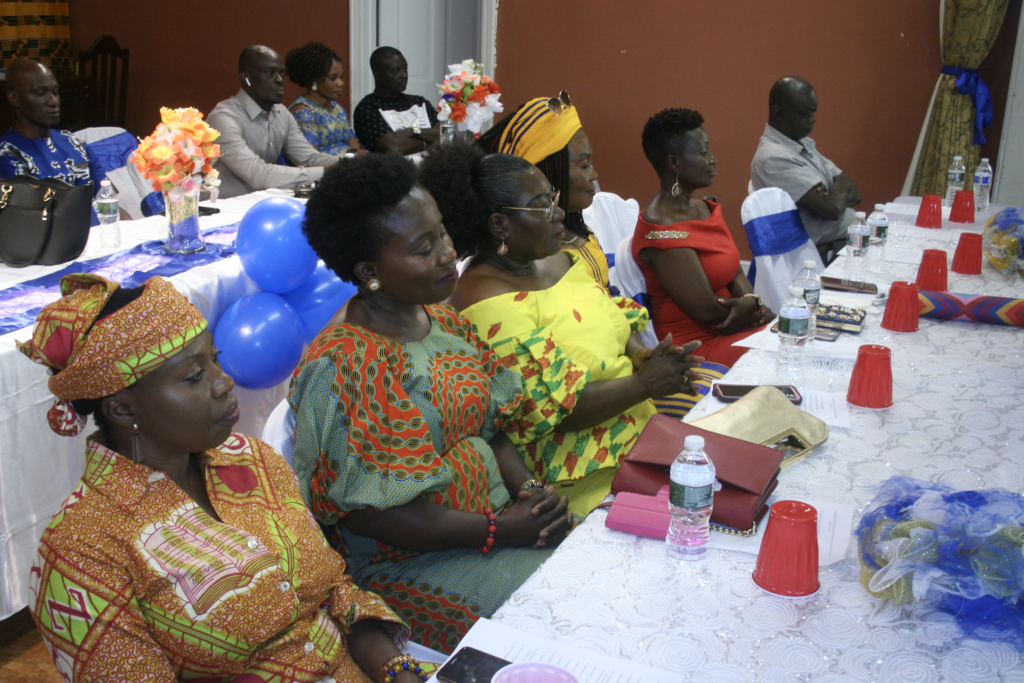SICKLE CELL IS MANAGEABLE – DR. ALUYA
by KOFI AYIM
Sickle cell anemia is an inheritable disease that predominantly affects people of African descent. It has been recognized in sub-Saharan Africa for over five thousand years, but this hereditary, non-contagious disease was only unearthed and documented in the United States in 1910. Globally, about 330,000 babies are born each year with the disease, of which about 200,000 are recorded in Africa.
Out of Africa’s population of about 1.3 billion, it is estimated that each year about 150,000 babies born in Nigeria are affected by sickle cell anemia, while 15,000 newborn babies in Ghana are affected. Between 10% and 40% of the population in any given sub-Saharan African country are affected by sickle cell anemia. Early diagnosis, advances in science, and increased awareness have improved the global life span of people with sickle cell disease; however, the life span of a sickle cell patient in Africa still hovers around 5 years, while those in the U.S are between 45 and 55 years. Newborn babies in the U.S. are screened for the disease. It is estimated that there are about 70,000 to 100,000 individuals diagnosed with sickle cell disease in the U.S. It is also reported that one in five (1/5) African Americans are affected by the disease, while there is a one out of thirty-two (1/32) risk amongst Hispanic Americans. There are reports of about 6,000 in New Jersey.

These assessments were made by Dr. Nelson Aluya, Assistant Professor of Medicine, Rutgers University, Newark, NJ, and an attending physician at Beth Israel Medical Center, Newark, New Jersey, during the 2nd Annual Fundraising Anniversary of the First Ghanaian Society of New Jersey on August 4, 2019, at the First Presbyterian Church, Irvington, New Jersey. Speaking on the theme “Sickle Cell Disease History, Today and the Future,” Dr. Aluya pointed out that incidence of sickle cell disease is particularly high in the malaria belt of Africa because the disease is a result of genetic mutation in hemoglobin, the oxygen-carrying capacity of the human blood. He said painful crisis and low blood levels are the hallmarks of this clinical condition that can lead to chronic debilitating symptoms such as stroke, heart failure, kidney disease, repeated blood transfusions, and increased risk of infections. However, with early interventions and preventive measures, people with the disease are functioning and living longer. The disease, which is prevalent among black people the world over, has different strains and haplotypes such as the Benin, Bantu, Senegal, and Saudi-Arabia types that influence the extent of the disease and pain crisis.
He advised that every child with sickle cell disease should have a pediatrician with knowledge about the disease as well as a hematologist. Regular checkups including screening scans for stroke, prophylactic penicillin to prevent pneumonia, and folic acid are early measures that improve and prolong life in the early years. Equally as important is the awareness and knowledge of the medical condition by the parents. Having a strong support system, especially during the transitional teenage years, has been shown to also improve outcomes and survival.
Dr. Aluya highlighted healthy diet and lifestyle practices as well as proper hydration as being able to help reduce the pain crisis and low blood levels of a sickle cell disease patient. “Children with sickle cell,” he emphasized, “must be hydrated at all times.” He stressed the fact that the best way to prevent sickle cell disease is premarital counseling of individuals who carry the sickle cell traits and understanding that there may be a 1 in 4 chance of having a child with the disease.
The event, which was open to the public, was attended by some traditional rulers and other non-profit organizations.









